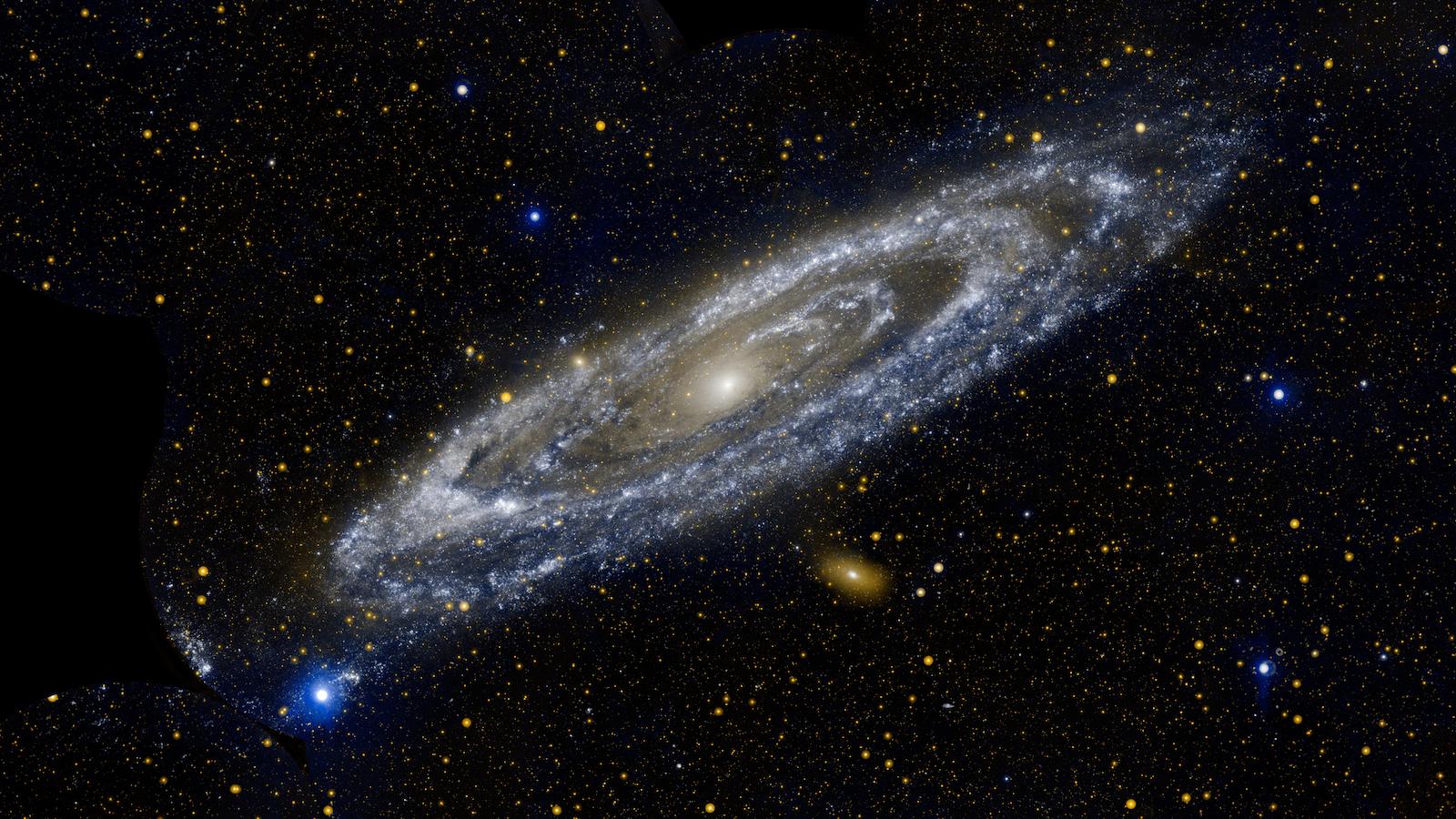August 2010 Was Second Hottest on Record

Get the world’s most fascinating discoveries delivered straight to your inbox.
You are now subscribed
Your newsletter sign-up was successful
Want to add more newsletters?

Delivered Daily
Daily Newsletter
Sign up for the latest discoveries, groundbreaking research and fascinating breakthroughs that impact you and the wider world direct to your inbox.

Once a week
Life's Little Mysteries
Feed your curiosity with an exclusive mystery every week, solved with science and delivered direct to your inbox before it's seen anywhere else.

Once a week
How It Works
Sign up to our free science & technology newsletter for your weekly fix of fascinating articles, quick quizzes, amazing images, and more

Delivered daily
Space.com Newsletter
Breaking space news, the latest updates on rocket launches, skywatching events and more!

Once a month
Watch This Space
Sign up to our monthly entertainment newsletter to keep up with all our coverage of the latest sci-fi and space movies, tv shows, games and books.

Once a week
Night Sky This Week
Discover this week's must-see night sky events, moon phases, and stunning astrophotos. Sign up for our skywatching newsletter and explore the universe with us!
Join the club
Get full access to premium articles, exclusive features and a growing list of member rewards.
For some this may come as no surprise: Last month was the second hottest August in the past 32 years, scientists reported Thursday.
The global average temperature in August was just 0.02 degrees Fahrenheit (0.01 degrees Celsius) cooler than the record set in August 1998, according to John Christy, professor of atmospheric science and director of the Earth System Science Center (ESSC) at The University of Alabama in Huntsville.
That difference is well within the error range of the measurement, however, so the two months actually might be tied for the hottest August in the 32-year satellite temperature dataset, Christy said.
Currently, El Nino, which keeps Pacific Ocean waters off the coast of South America toasty, is fading and its colder cousin La Nina is set to start. Even so, 2010 remains the second hottest year in the record, with average daily temperatures through August that were only about 0.1 degree F (0.06 degrees C) cooler than the record set in 1998.
As part of an ongoing joint project between UA Huntsville, NOAA and NASA, Christy and Roy Spencer, a principal research scientist in the ESSC, use data gathered by advanced microwave sounding units on NOAA and NASA satellites to get accurate temperature readings for almost all regions of the Earth. This includes remote desert, ocean and rain forest areas where reliable climate data are not otherwise available.
The satellite-based instruments measure the temperature of the atmosphere from the surface up to an altitude of about 5 miles (8 kilometers) above sea level. Once the monthly temperature data is collected and processed, it is made available to scientists worldwide via a "public" computer file.
Neither Christy nor Spencer receives any research support or funding from oil, coal or industrial companies or organizations, or from any private or special interest groups. All of their climate research funding comes from federal and state grants or contracts.
Get the world’s most fascinating discoveries delivered straight to your inbox.
 Live Science Plus
Live Science Plus











